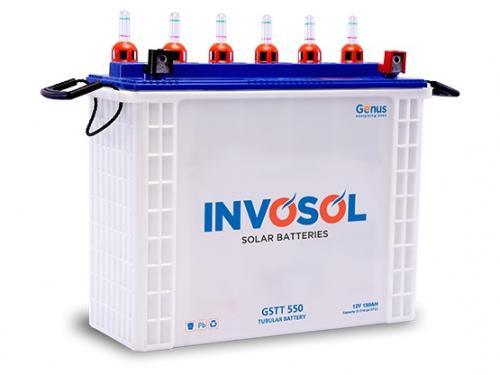Factors to Be Considered to Choose The Best Inverter Battery and Its Maintenance Tips

A battery is the backbone of an inverter.
It enhances the efficiency and the life of an inverter. If the battery is
maintained regularly, it will not only ensure the performance of the power
backup system but also ensures safety at your home. But there are some factors
that need to be considered while choosing the best inverter battery for your home.

The main points that need to be considered
while buying an inverter battery are technology, capacity, warranty, and size.
·
The battery you purchase should
be of the highest AH rating. You can check the right power requirement by
taking your home’s power needs into consideration. In case of a power failure,
what is your usage of electrical appliances and equipment will decide the size
of your battery.
·
The capacity of your home
inverter ranges between 600VA to 1500VA. So an inverter with a higher VA rating
will require a larger battery.
·
Battery capacity ranges from
80AH to 220AH. There are 3 types of batteries Flat Plate, tubular, and SMF.
Tubular batteries have a longer life; flat plate is affordable, while SMF
batteries don’t require maintenance. So, you can pick up the best inverter battery according to its
capacity and type.
·
The batteries with the highest
warranty period should be picked up for households so that you can get them
fixed in case there is an issue in the working.
Given below are some maintenance tips to
improve the working and lifespan of the inverter battery.
·
If you wish to run a maintenance
check on the inverter battery, you should see if it’s fully charged. Before you
run a check on the battery health, the inverter should be removed from the
front panel and should be detached from the wall socket.
·
For the proper functioning of
the battery, the acid level must be equal in all the cells. You need to ensure that
the batteries are not overfilled.
·
The battery terminal area
should be regularly cleaned as the inverter battery produces lead sulphate.
This lead sulphate should be cleared with warm water and a nylon brush.
·
The battery wire should be
checked for any break, crimp, and insulation melt. Damaged battery wires reduce
battery output and also increase the risk of short circuits in the house.
·
If you wish to be sure of the
proper functioning of the battery, you should check if there is any deposition
of dirt on the surface of the battery. If there is dirt, it should be cleaned
with a dry cloth. This way, you can ensure the cleanliness of the inverter
battery. In case you have solar batteries, you can read about the maintained
tips from the Solar Battery Buying Guide.
The best
inverter battery is the one that matches the power
requirement of your home in case there is a power failure or power cut and has
a longer lifespan. You can also maintain the efficiency of the inverter battery
and keep it in the best condition if you follow the above maintenance tips
regularly.

Comments